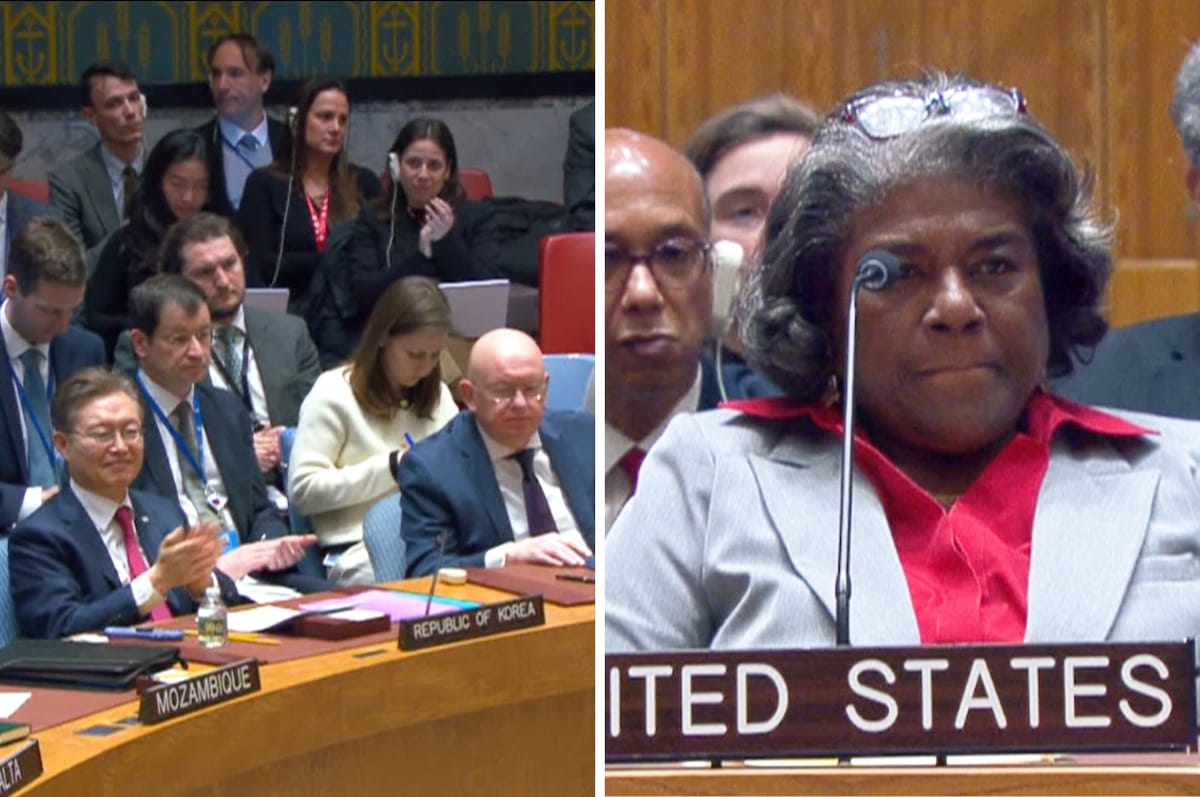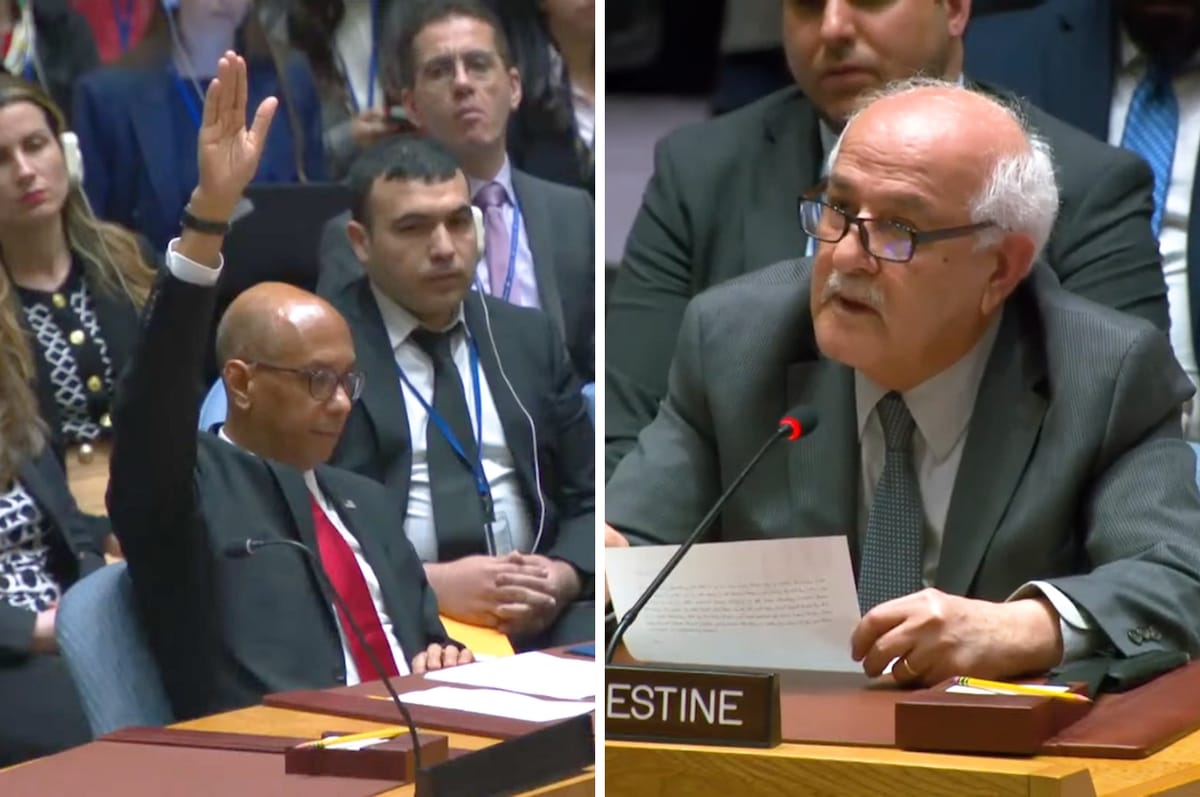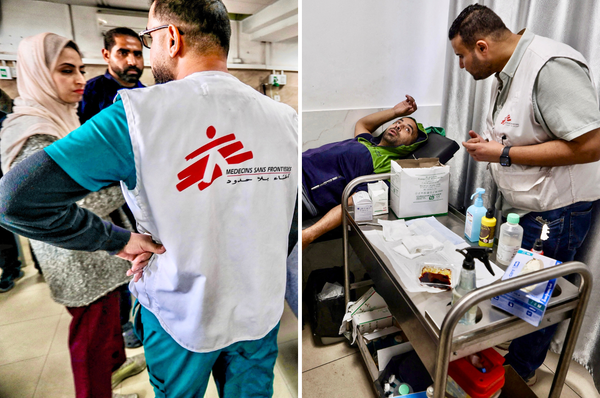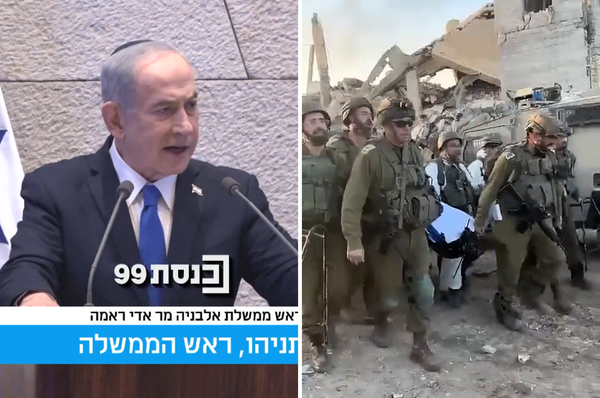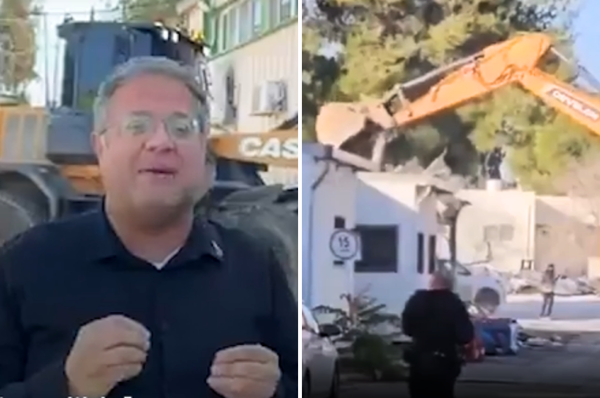The UN Security Council Has Endorsed A Deal For A Permanent Ceasefire In Gaza Presented By The US
The UN resolution supports a three-phase proposal announced by US president Joe Biden on May 31.
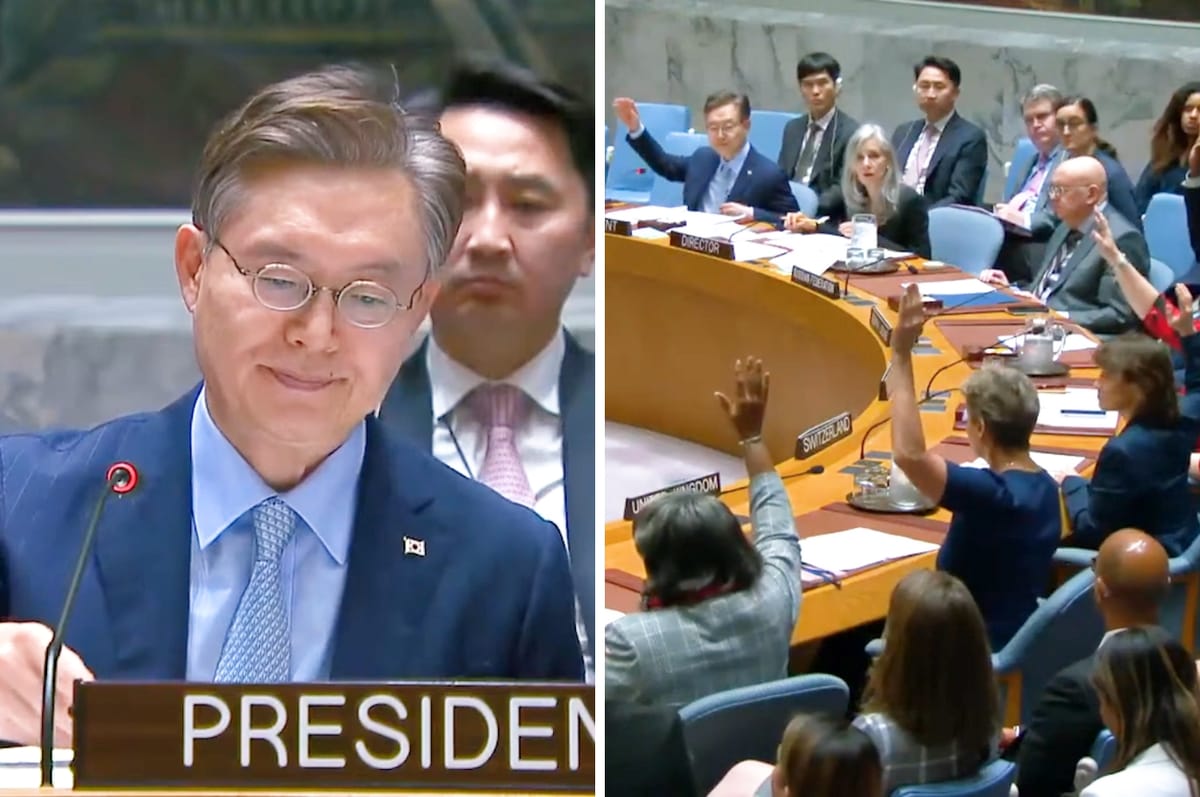
On Monday, June 10, the United Nations Security Council (UNSC) adopted a resolution drafted by the US to call for an immediate and permanent ceasefire in Gaza, with 14 votes in favor, and Russia abstaining.
The UN resolution supports a three-phase proposal announced by US president Joe Biden on May 31.
The first phase calls for an immediate six-week ceasefire, during which Israeli forces would withdraw from populated areas in Gaza, Palestinian civilians would return to their homes and up to 600 trucks of humanitarian aid entering Gaza every day.
During this period, Hamas would release some Israeli hostages in exchange for Israel freeing Palestinians held in its prisons.
The resolution clearly states that if negotiations in phase one extend beyond the six weeks, the ceasefire will remain in effect as long as discussions continue.
Phase two would include a permanent ceasefire, Israel’s complete withdrawal from Gaza and Hamas releasing all the remaining hostages.
Phase three would focus on a multi-year plan to rebuild Gaza, returning the remains of any dead hostages back to Israel and taking steps towards a two-state solution for Israel and Palestine.
The resolution stresses “the importance of unifying the Gaza Strip with the West Bank under the Palestinian Authority” – which Israeli prime minister Benjamin Netanyahu’s far-right government has not agreed to.
Speaking after the vote, the US’ UN representative Linda Thomas-Greenfield said that the UNSC had “sent a clear message to Hamas to accept the deal”, adding that Israel had already accepted it.
She said that the US will ensure Israel upholds its obligations but Israel will always have the right to defend itself and bring those responsible for the attack on Oct. 7 to justice.
Russian Ambassador Vasily Nebenzya said Russia abstained because the resolution had vague parameters and lacked guarantees, adding that it opted not to vote against the resolution as it was supported by the Arab world.
Israel’s UN representative, Reut Shapir Ben-Naftaly, said that the country would not end its war until Hamas’s capabilities were "dismantled."
She also blamed Hamas for exploiting "endless negotiations as a means to stall for time.”
A senior Hamas official later told Reuters that the group had accepted the resolution for the ceasefire and was ready to negotiate over the details.
The official told Reuters that the group reiterated its stance for a permanent ceasefire, Israeli troops withdrawing, reconstructing Gaza and exchanging Israeli hostages for Palestinians held in Israeli prisons.
"We reiterated our previous stance. I believe there are no big gaps. The ball is now in the Israeli courtyard,” he said.
However, an Israeli official told Reuters on Tuesday, June 11, that it had received Hamas’ answer from the mediators but Hamas had "changed all of the main and most meaningful parameters” and rejected the proposal.
Although the US has said that Israel has accepted the proposal, the Israeli government has not publicly stated this.
Israel has repeatedly rejected multiple ceasefire deals since Oct. 7.
Its ongoing genocide in Gaza has killed more than 37,000 Palestinians, mostly women and children, since then.
Also Read
